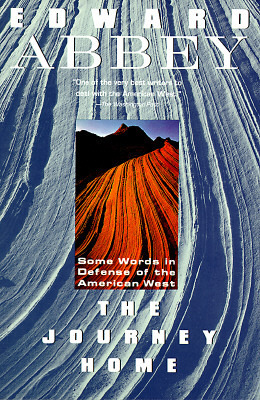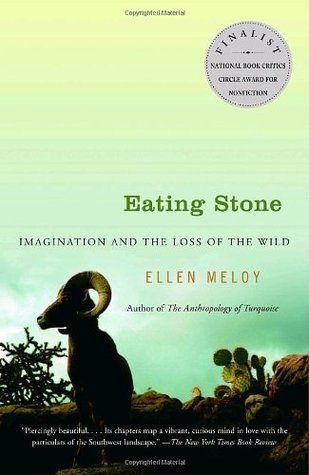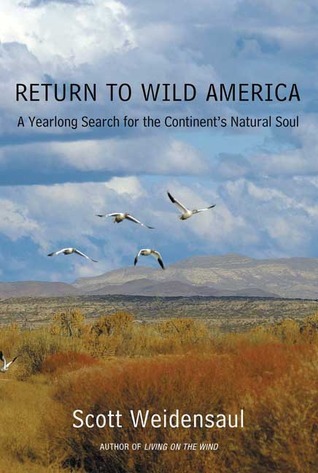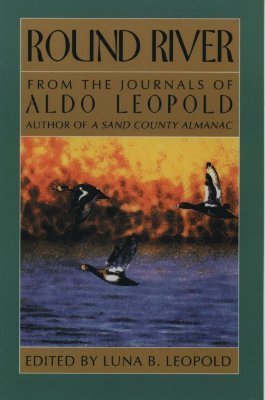
The Journey Home: Some Words in Defense of the American West
Book Description
A raw and unflinching exploration of nature and the untamed spirit of the West, *The Journey Home* beckons with the echo of distant canyons and the whispered truths of the wild. Edward Abbey's passionate manifesto defends the land against the encroachment of modernity, weaving together personal anecdotes and fierce philosophical insights that ignite a rallying cry for conservation. With every turn of the page, the stark beauty of the American wilderness comes alive, urging a deep connection to nature's rugged heart. Can we reclaim our bond with the earth before it's too late?
Quick Book Summary
Edward Abbey's "The Journey Home: Some Words in Defense of the American West" is a fiercely passionate collection of essays that explores the beauty, solitude, and fragility of the Western American landscape. Abbey, an outspoken environmentalist and lover of the wilderness, traverses the deserts, mountains, and river valleys, weaving personal reflections with sharp cultural and political critique. He mourns the destruction wrought by unchecked development, addresses the loss of wild places, and urges readers to cherish and protect the natural world. Abbey's blend of humor, poetic prose, and defiance forms a clarion call for conservation. The book is both a defense and an elegy—a witness to a rapidly disappearing wilderness and a challenge to reclaim a respectful relationship with the land before it's too late.
Summary of Key Ideas
Table of Contents
The Spiritual and Ecological Value of Wilderness
Abbey begins by celebrating the American West’s wildness, describing countless journeys through deserts, canyons, and mountains. He emphasizes the sense of freedom and solitude that only open landscapes can provide. To Abbey, wilderness is not just aesthetic scenery but a crucial spiritual resource—a place for renewal and reflection that modern life often fails to offer. The land’s raw beauty, its silence, and its hardships all serve as teachers, revealing truths about both nature and ourselves.
Resistance to Industrialization and Modern Development
Deeply critical of industrial expansion, Abbey details how unchecked growth, mining, damming, and tourism relentlessly encroach upon delicate ecosystems. He rails against the mindset that sees nature solely as a resource to exploit, illustrating how highways, power lines, and suburban sprawl fracture the landscape and diminish its wild character. Abbey’s resistance to modern development is not reactionary nostalgia but a principled stand for ecological integrity and cultural sanity.
The Importance of Direct Experience with Nature
Abbey argues passionately that only through direct, physical engagement with the land—hiking alone, working outdoors, sleeping under stars—can people truly value and protect wilderness. He recalls how immersion in the wild stirs humility, awe, and a sense of belonging that no museum, textbook, or documentary can replicate. Without firsthand encounters, wilderness becomes abstract and disposable in the public mind; only those who know its realities feel urgency to defend it.
Conservation as a Personal and Political Act
Throughout the essays, Abbey intertwines personal philosophy with calls to action. Conservation, he asserts, isn’t just a bureaucratic process but a deeply personal duty. He critiques both government agencies and citizen indifference, suggesting that real change springs from grassroots activism and individual conviction. Abbey’s environmentalism is laced with both optimism and skepticism—a hopeful belief in people's capacity for stewardship tempered by recognition of political and cultural inertia.
The Contradictions and Paradoxes of Human Nature
Finally, Abbey confronts the paradoxes of human nature: our simultaneous longing for wilderness and urge to control it, the contradictions in loving places we endanger, and the intimate ties between destruction and preservation. His essays acknowledge these tensions without losing passion or humor. Ultimately, Abbey challenges readers to reckon with their own values and to take up the cause of protecting the vanishing wild before it’s irretrievably lost.
Download This Summary
Get a free PDF of this summary instantly — no email required.





